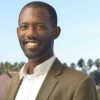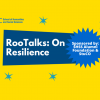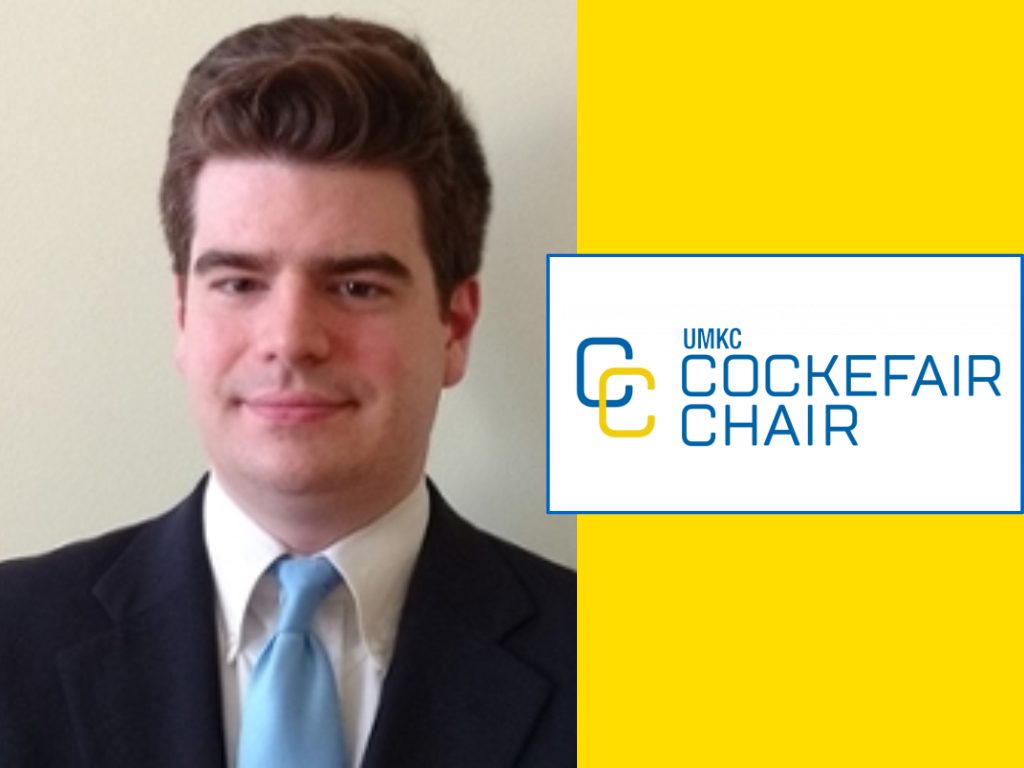Beginning in the early 1990's, the U.S. government actively encouraged the development and growth of a business relationship with China. These policies were supported by the interests of both American businesses, eager to generate profits in China, and American consumers, wanting to access lower-cost products made in China. In addition to direct economic interest, that relationship was driven by the expectation that robust economic ties would lead to "convergence" and that the huge differences between the two countries would be mitigated, or even disappear, through intensive economic engagement.
While the economic relationship has flourished, the two nations have not become much alike and today confront growing tensions in their relationship. These tensions have reached a sufficient level for policymakers and government officials to argue in favor of “decoupling” or the termination of the mutually beneficial economic relationship in order to undercut China’s continued economic growth and ability to compete with the U.S. for global leadership. Advocates for decoupling have become increasingly vocal and enjoy great support in the U.S. Congress and administration.
The U.S. now faces a major policy challenge to surrender to pressure to end or limit the US-China economic relationship or to continue along the current path to continue to secure substantial economic benefits and, possibly, mitigate future conflict through a continued shared interest.

Heiwai Tang is Victor and William Fung Professor in Economics and Director of the Asia Global Institute at the Hong Kong University. He is also affiliated with the Federal Reserve Bank of Dallas (the U.S.), the Center of Economic Studies and Ifo Institute (Germany), the Kiel Institute for the World Economy (Germany) and the Globalization and Economic Policy Center (the U.K.) as a research fellow. He has been a consultant to the World Bank, the International Finance Corporation, the United Nations, and the Asian Development Bank. He held visiting positions at the IMF, Stanford, MIT, and Harvard. He is currently an associate editor of the Journal of International Economics, the Journal of Comparative Economics and the China Economic Review.
Tang holds a doctoral degree in economics from MIT and has published in leading economic journals such as American Economic Review and Journal of International Economics. His opinions have been covered by BBC, Financial Times, New York Times, Al Jazeera, Foreign Policy, South China Morning Post, and various think tanks such as the Brookings Institution and the Peterson Institute for International Economics.

Edward L. Monser was the President of Emerson Electric Co., a global industrial controls products company, from 2010 until his retirement in 2018. At the time of his retirement, Mr. Monser had more than 30 years of experience in senior operational positions at Emerson and played key roles in globalizing the company, having held increasingly senior positions, including Chief Operating Officer from 2001 to 2015 and President of its Rosemount Inc. subsidiary from 1996 to 2001 as well as holding various operations, new product development, engineering and technology positions.
Mr. Monser currently serves as the lead director of Air Products & Chemical, as a director of Vertiv Holdings Co, a company that provides equipment and services for data centers, and an advisory director for Seyer Industries and Stupp Brothers Inc.. He previously served as a director of Canadian Pacific Railway Ltd. Formerly, Mr. Monser was Vice Chairman of the U.S.-India Strategic Partnership Forum, a member of the Economic Development Board for China’s Guangdong Province and a director and Vice Chairman of the U.S.-China Business Council. He holds a Bachelor’s degree in Electrical Engineering from the Illinois Institute of Technology and a Bachelor’s degree in Education from Eastern Michigan University.

Gerald Gao is Associate Dean of Research & Faculty Affairs and Professor of Marketing at College of Business Administration, University of Missouri-St. Louis. He received his BA in Economics from Peking University and PhD in Marketing from The University of Hong Kong. His research interests include marketing and innovation strategies, export, FDI performance, and strategic orientations. His papers have been published in leading academic journals such as Administrative Science Quarterly, Journal of International Business Studies, Journal of the Academy of Marketing Science, Journal of Operations Management, International Journal of Research in Marketing, Journal of International Marketing, Management International Review, Journal of World Business, and International Marketing Review, among others. He has won several research and teaching awards including Anheuser-Bush Award for Excellence in Teaching, two times of Douglas E. Durand Award for Research Excellence, and best papers awards at various conferences. He currently serves on the editorial boards of Journal of International Business Studies, Global Strategy Journal, Journal of International Marketing, and the Asia Pacific Journal of Management.

Hung-Gay Fung is Curators’ Distinguished Professor of Finance and Dr. Y.S. Tsiang Professor of Chinese Studies at the University of Missouri-St. Louis. He got his doctoral degree in finance from Georgia State University and his BA degree from the Chinese University of Hong Kong. He is a commissioner for the Missouri Cargo Hub Commission, and the president of the Midwest Chinese American Science and Technology Association in St. Louis. He is also the editor of Chinese Economy and co-editor of International Review of Accounting, Banking and Finance.








